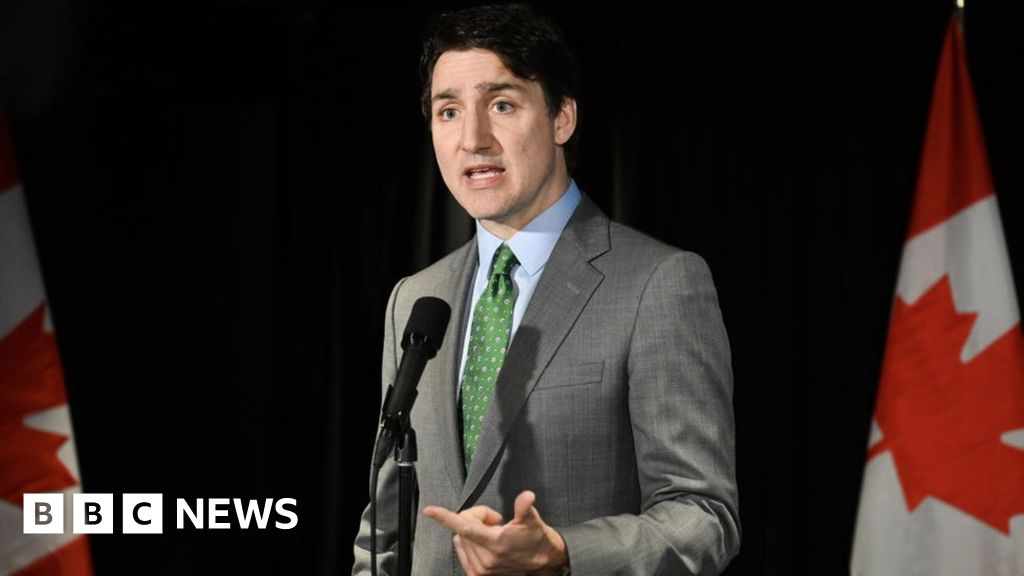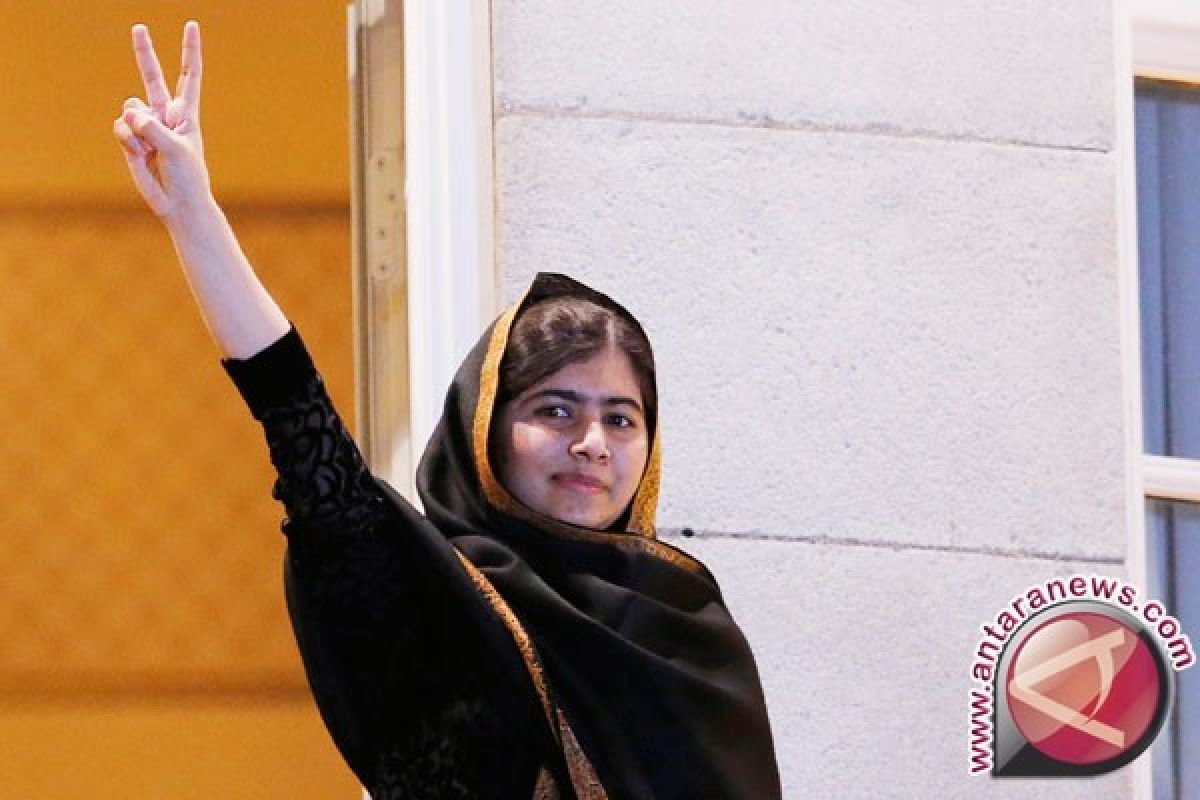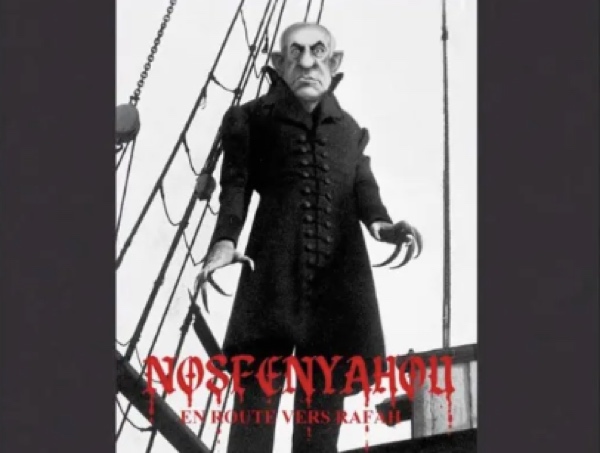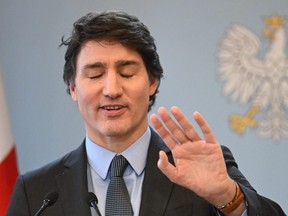By Nadine Yousif, BBC News
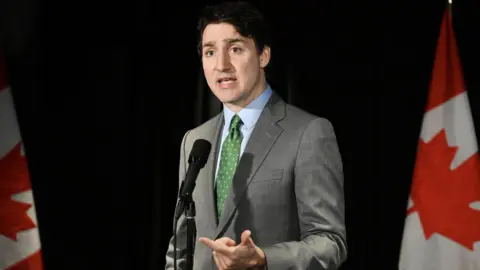 Getty Images
Getty ImagesA bus full of Chinese high school students forced to vote for a liberal candidate. An opaque cash injection of thousands of dollars from China. A proxy agent of the Indian government who provides illegal financial support to pro-Indian politicians.
These and other allegations surfaced during two weeks of testimony in Canada’s ongoing public inquiry into foreign interference in its elections.
Prime Minister Justin Trudeau will appear before the commission on Wednesday.
The accusations heard so far – which were made by Canada’s intelligence agency in a series of redacted documents provided for the investigation – should be taken with a grain of salt, officials said.
Reports may include uncorroborated, single-sourced or incomplete information that has not been properly investigated, the Canadian Security Intelligence Service (CSIS) has warned.
China and India have repeatedly denied allegations that they were among the countries that interfered in Canada’s affairs – with India recently calling them “baseless allegations.”
But some politicians said the interference could have affected their political careers.
And testimonies from members of Canada’s diverse diaspora communities have shed light on alleged threats to their security by agents linked to the governments of their home countries.
The inquiry, led by Quebec judge Marie-Josée Hogue, was heard by more than 40 community members, politicians and federal election officials before the release of its first report next month.
Those affected by the alleged interference attempts have accused officials and CSIS of not doing enough to combat the phenomenon, or of keeping them completely in the dark.
And Canada’s intelligence agency said the government was not doing enough to tackle the problem and the country was lagging behind its “Five Eyes” intelligence allies – the United States, the Kingdom -United, Australia and New Zealand.
Mr Trudeau – whose Liberal Party won the last two federal elections in 2019 and 2021 – has come under pressure to launch an investigation after allegations of foreign interference emerged from intelligence leaks to Canadian media.
Last week, he evaded reporters’ questions about the alleged interference, saying only that the issue was “extremely important” and that he looked forward to testifying on Wednesday.
What has the inquiry heard so far?
Through testimony and partially unsealed classified documents, Canadians have learned about some of the ways China and other foreign governments may have attempted to interfere in these two elections.
There is no evidence that the election results were affected.
CSIS alleged that the Chinese government intervened “covertly and deceptively” in both elections.
The interference was “pragmatic in nature and primarily aimed at supporting those considered ‘pro-PRC’ (People’s Republic of China) or ‘neutral’ on issues of interest to the PRC government,” a statement from the PRC government said. ‘agency.
“We also observed online and media activity aimed at discouraging Canadians, particularly those of Chinese origin, from supporting (and former) Conservative Party Leader Erin O’Toole,” the briefing note adds. .
Mr O’Toole said last week his campaign had been marred by a deluge of misinformation which he said had caused his party to lose as many as nine seats in the 2021 election.
He said that while the overall outcome of the election – which his party lost to Mr. Trudeau’s Liberals – was not affected, he believes it led to his underdog leading the party.
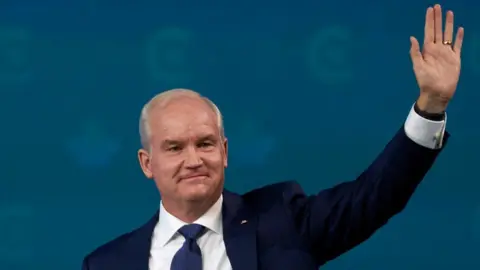 Getty Images
Getty ImagesCSIS reports point to a possible transfer of C$250,000 ($184,000; £145,300) from China during the 2019 election to a staff member of an unnamed candidate and then to others, in an attempt to interfere.
The intelligence agency also accused China of funding a charter bus in 2019 to send Chinese private high school students to help a liberal politician, Han Dong, secure his party’s nomination.
CSIS suggested that the students had been coerced, that “their student visas would be at risk and there could be consequences for their families back in the PRC” if they did not support Mr. Dong.
In his testimony, Mr. Dong, who now sits as an independent, said he met with Chinese students and encouraged them to register as Liberal members during his campaign.
But he denied knowing anything nefarious. International students are allowed to vote for Liberal party candidates provided they can prove they live in the constituency (constituency or electoral district).
India and Pakistan were also cited by CSIS as attempting to interfere in both elections.
In India’s case, the intelligence agency said the activities were carried out by a mandated agent of the Indian government and “were focused on a small number of electoral constituencies” to support pro-Indian candidates.
They were motivated by the perception that “a portion of Indo-Canadian voters sympathized with the Khalistani movement or with pro-Pakistani political positions,” CSIS reported.
Mr. Trudeau had previously accused India of being involved in the murder of Hardeep Singh Nijjar, a Sikh separatist killed on Canadian soil in June 2023.
At the same time, Pakistan’s attempted interference was allegedly aimed at “countering India’s growing global influence”, although it was limited in nature, CSIS reported.
According to testimony, although CSIS and other officials were aware of the allegations, they did not alert the targeted politicians or public.
Mr O’Toole said he raised concerns about interference in the 2021 election and was not taken seriously.
But Mr. Trudeau’s national security adviser, Nathalie Drouin, who was then part of a group of senior bureaucrats tasked with examining election threats, responded by saying there was not enough evidence to the time of China’s activities against the Conservative Party.
“There was some risk that any intervention by the commission could create more harm than good,” he said, adding that there were fears it could cause confusion and alarm to the public.

“Thinker. Hardcore web aficionado. Zombie evangelist. Pop culture trailblazer. Student. Passionate twitter maven.”
